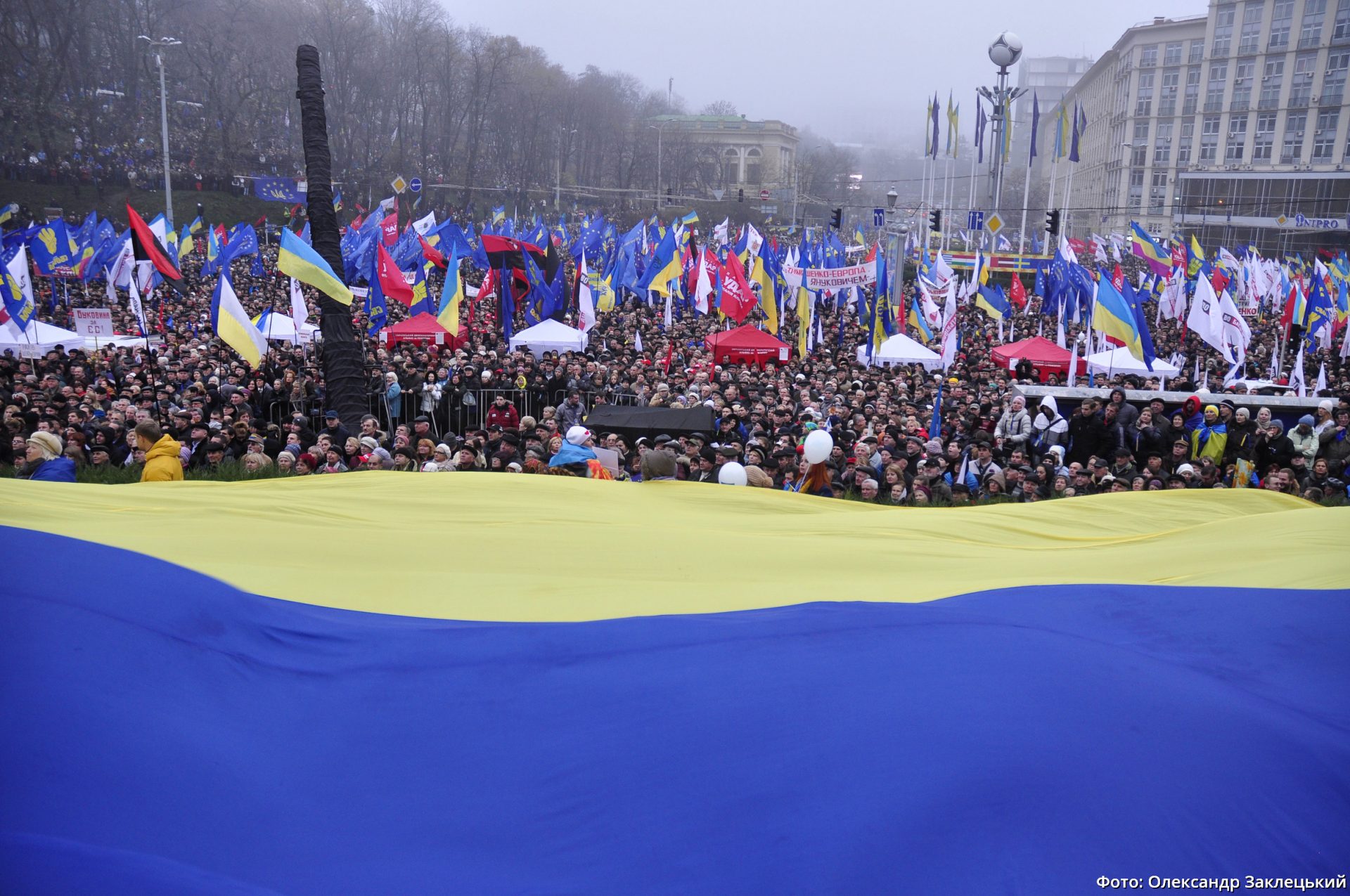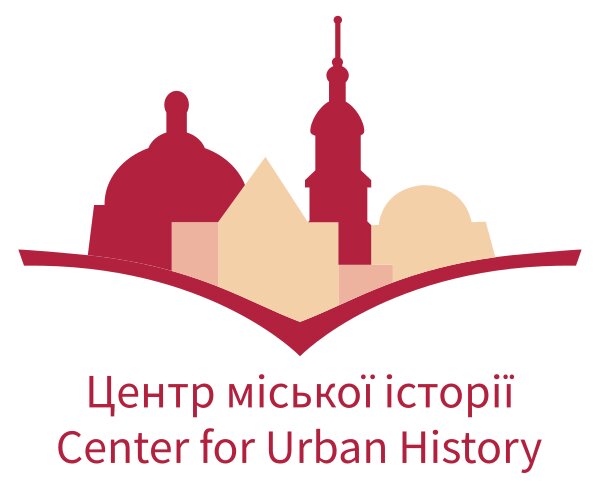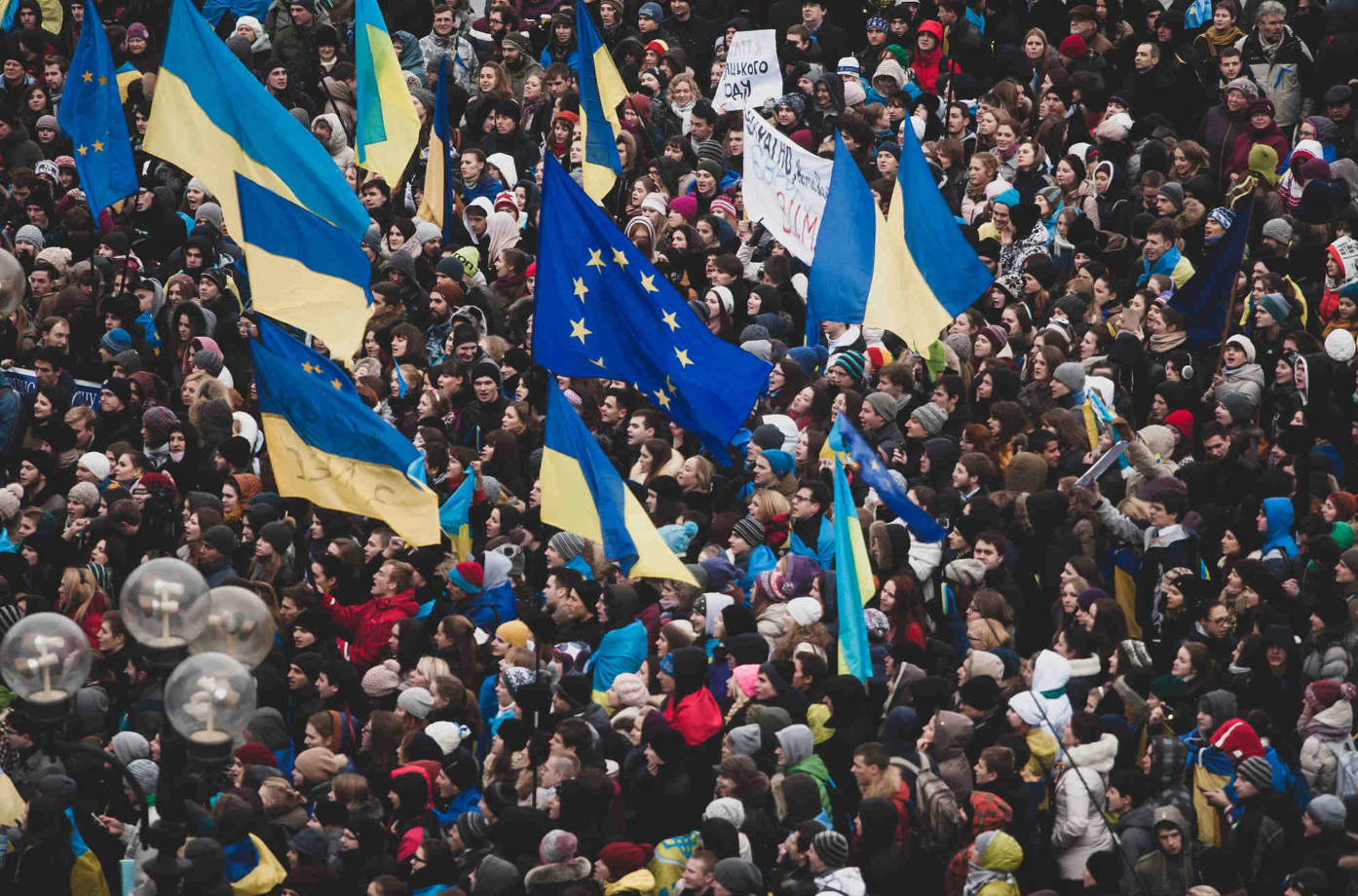The Voices of Euromaidan in Global Protest and Solidarity Studies. Project Presentation
26.6.2023, 18:00
online / zoom
More than nine years have passed since the Revolution of Dignity, the annexation of Crimea, and the beginning of Russian aggression against Ukraine, when the aggressor state intensified its offensive against Ukraine with an amplitude of violence unprecedented in Europe since World War II. The experience of the Revolution of Dignity has become crucial for us today in understanding our subjectivity and democratic values. In the tenth year of Russian aggression, the academic community is re-examining the events that proved the capacity of Ukrainian society and became a model for further self-organization and the establishment of effective horizontal ties.
We welcome you to the presentation of the project "Euromaidan Voices in Global Studies of Protest and Solidarity," which focuses on the edited and thematically organized materials from the collection of oral history interviews called "Voices of Resistance and Hope," that were gathered in the base "Intimate Chronologies of the Euromaidan"
The project aims to enhance the understanding, research, and teaching of Ukraine's recent history in the international academic field and, more broadly, in global narratives about protest movements, activism, and solidarity. Therefore, our task was to translate the collection materials into English and make them available on the website of the Urban Media Archive of the Center for Urban History.
The formation of the oral history collection began in 2013, a few weeks after people across all of Ukraine took to the streets to protest the decision not to sign the Ukraine-European Union Association Agreement in favor of closer political and economic relations with Russia and to protest the brutal dispersal and beating of the first protesters in Kyiv. The interview responses were gathered in two stages, the first in December 2013 and the second in February 2014.
The value of this methodology lies in allowing us to catch a glimpse of the personal experience of being there in real life, and to gain a little insight into what it was like to experience this and what it meant to be an individual protester at the Maidan; moreover, it shows changes and developments in the course of participation across time and space – in more than 100 interviews, that are grouped into 17 themes.
This collection has a unique potential to better our understanding of the individual at the Euromaidan protests – their beliefs, opinions, motives, and roles – as those categories usually get lost within analyses of the Euromaidan protests as a collective action.
Yulia Kulish, Vitalii Pavliuk, Oleksandr Korman, and Sofia Andrusyshyn translated this collection into English.
Sonia Bilotserkovych and Samantha Tucker did the editing.
To attend, please, register.
Lysiak-Rudnytsky Ukrainian Studies Programme
Long-term program to support Ukrainian studies projects for educational, scientific, cultural institutions and analytical centers within the framework of the Ukrainian Institute. The program aims to deepen the knowledge and understanding of Ukraine and its cultural heritage among various foreign audiences; promote the growth of expert knowledge about Ukraine; facilitate new research in the field of Ukrainian studies and increase the visibility of existing ones; strengthen intercultural and scientific communication; and expand the use of digital technologies in the humanities.
This project is realized within the framework of the Ukrainian Institute as part of the Lysiak-Rudnytskyi Ukrainian Studies Support Program and the Ilko Kucheriv "Democratic Initiatives" Foundation with the financial support of the International Renaissance Foundation.
Credits
Cover Image: Assembly (Vіche / Віче) on European Square on November 24, 2013 / Oleksandr Zakletskyi / Digital Archive of the Maidan





